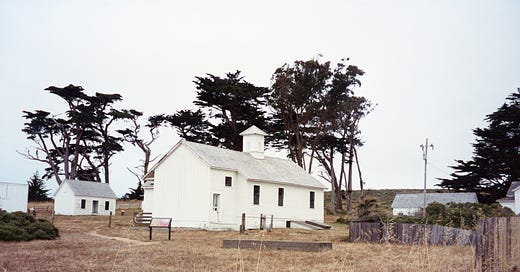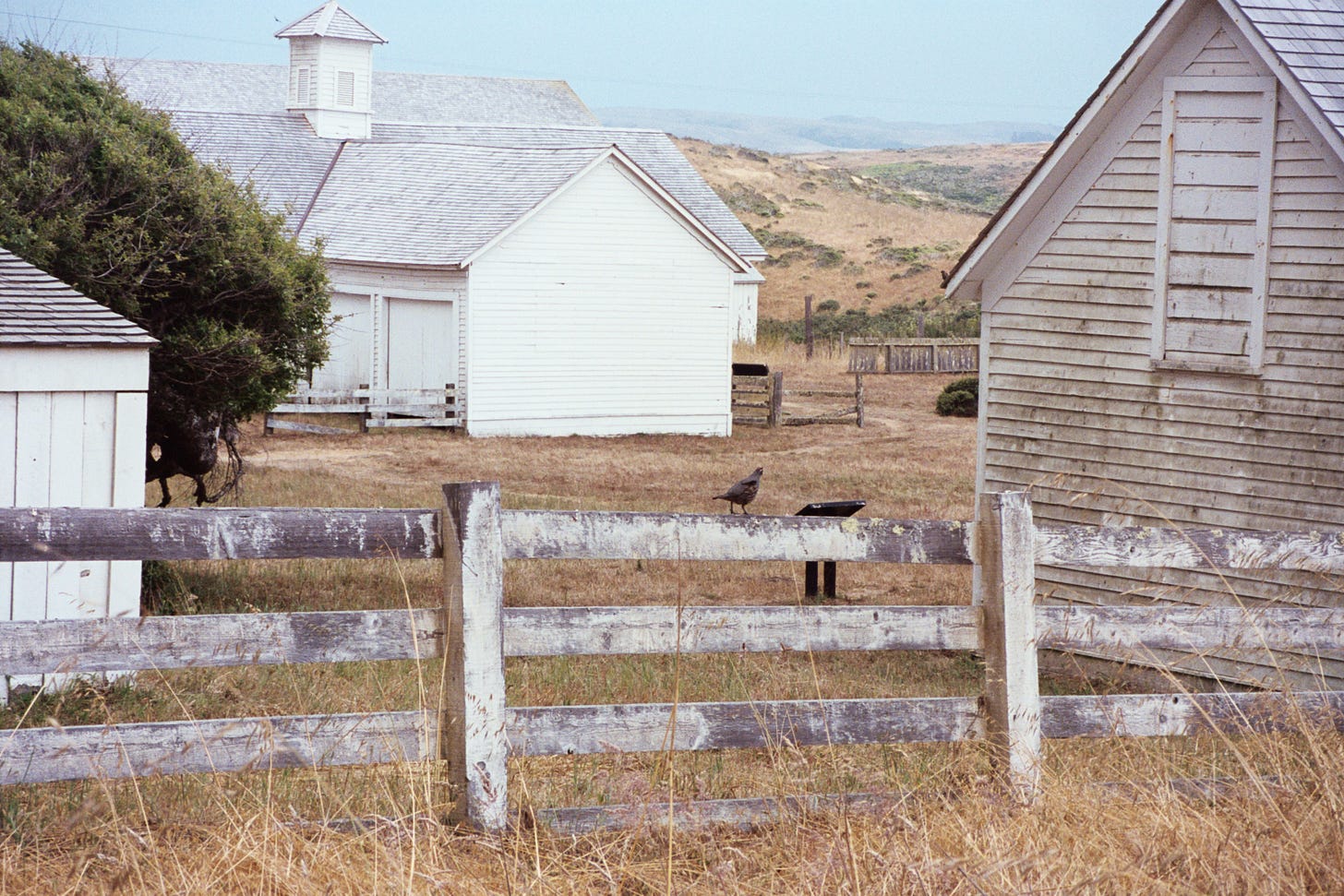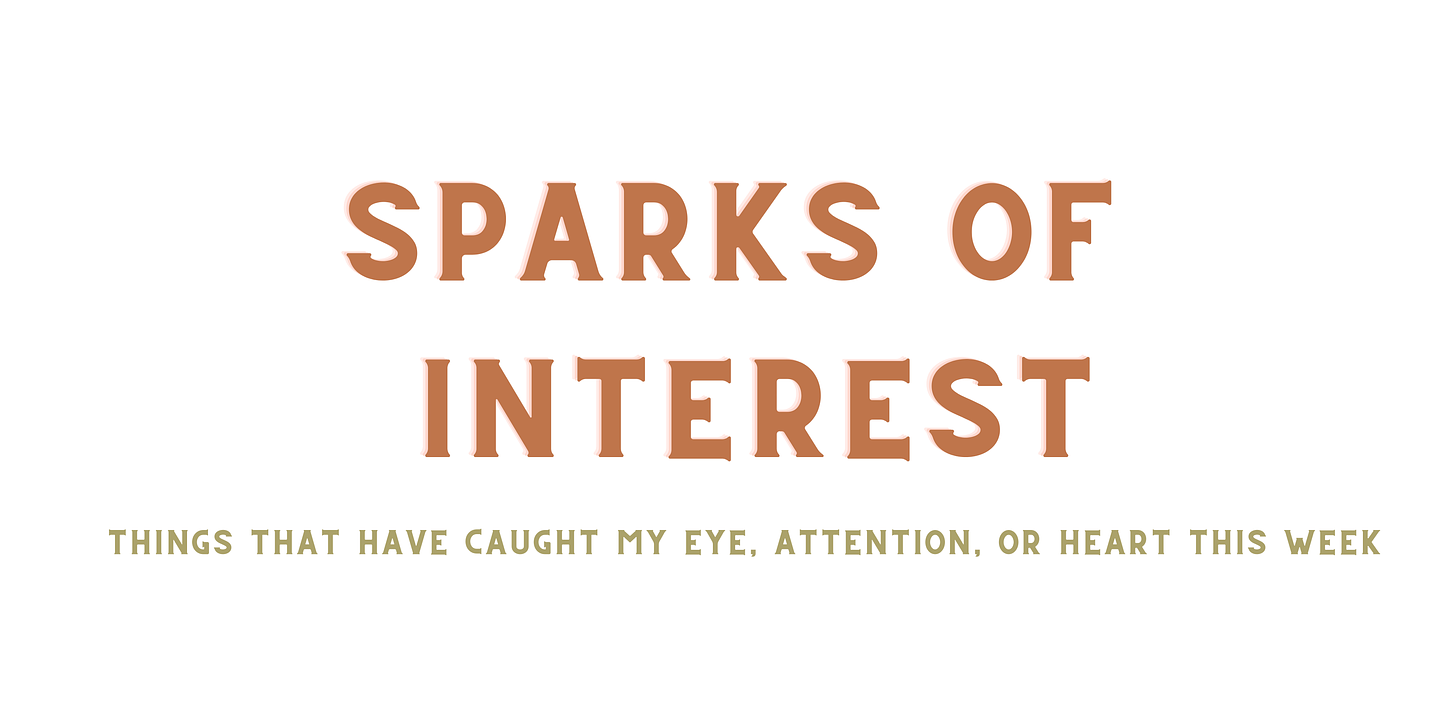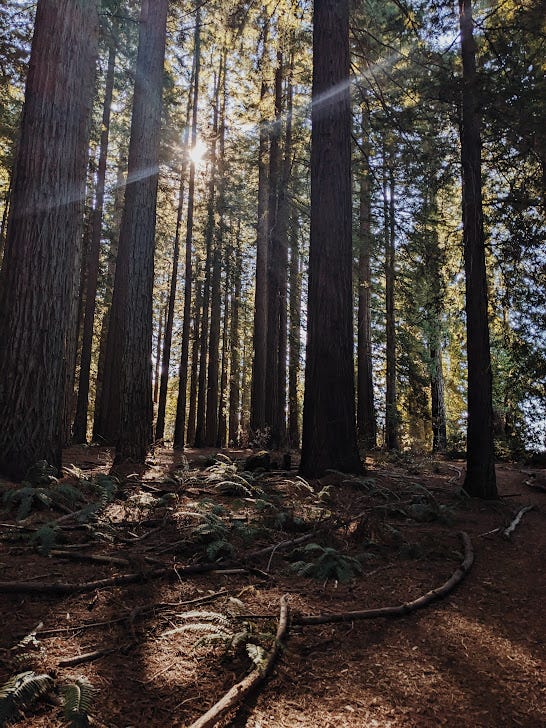Human Stuff is a weekly-ish newsletter. Please feel free to share parts of this letter that connect with you on social media or send to someone you love. If you enjoy and benefit from my writing, I invite you to become a paid subscriber. This is a reader-supported offering and I’m so grateful for your presence here.
A song I’m loving:
The first protest I ever attended was on a Wednesday in 2001, during my freshmen year of high school. My partner at the time and I both ditched school for the day, drove across the bridge to San Francisco, and marched against the war with thousands of other humans. I remember the sensation of chanting alongside other people, an intimacy akin to the feeling I got singing with the choir I was part of in school. I remember a sensation I can only describe as intense awe while marching between the skyscrapers toward a vision of what was possible. I remember counter-protesters telling us we were traitors for speaking out against the actions of our own country. I remember adults telling me I didn’t know what I was talking about. I remember seeing people in their 60’s and 70’s, shaping their worn hands into peace signs and holding signs with messages of peace, knowing full well they had been doing this for decades. I remember a felt sense of alignment, of following my moral compass. I remember getting home and immediately realizing I was in trouble. I remember being yelled at. I remember hand-writing a letter to my dad, who was the most angry with me, telling him why it felt necessary to me to protest, why being a part of the movement against war felt more important to me than attending school that day, why no part of me regretted it. I remember how alive I felt.
Growing up depressed, I always held a vision for what a depression-free life could look like. I imagined having enough energy to do all the things I longed to do. I imagined having the desire to eat, to move, to laugh, to connect, to try. I imagined restful nights and light-filled days, each balancing out the other. I imagined not being so sad all the time, not being so certain of my own lack, not being so distant from what it meant to be fully alive. I remember how my depression gave me a deep sense of empathy for the hurt of others. I was incredibly depressed in high school, including during the period of time I went to that protest. And what I remember most is how free I felt of my depression that day — how the togetherness of standing against something I didn’t believe in reminded me I wasn’t actually alone — how being open to the humanity of others helped me remember my own — how witnessing the courage of others gave way to a glimpse of my own. Doing something for a cause outside of myself, one I wasn’t necessarily impacted by in the same way others were, helped me move beyond my own suffering by bearing witness to that of those I was told didn’t matter. And it helped me orient toward envisioning a future where things like war were not only unnecessary, but nonexistent. Being part of a social movement was one of my first lessons in knowing I could undo the power of isolation felt in depression by putting myself in the way of something bigger than me.
I have been thinking a lot about what it means to balance our own interior life with the life we’re surrounded by. I’ve been thinking about how often we need to tend to our interior in order to even witness what’s happening around us, let alone act on what it is we see. I’ve been thinking about how quickly we can get isolated in our own processing, and how potent it is to do some of our processing with others, whether a therapist or a group of thousands on the streets. I’ve been thinking about how painful it is to feel the distance between our moral compass and what it is we’re witnessing. I’ve been thinking about how necessary it is to notice our own responses, our own sensations, our own selves in order to truly and honestly witness that of others.
And, I’ve been noticing how it is only when I tend to what’s close in first that I can be with the complexities, the nuances, the not so far-right or far-left, the both-ness, the absolute desire to not turn away from the humanity of anyone, any place, any kind of hurt that presents itself as real. It is only when I stay connected to my own moral compass, even when it is not so straightforward or clear-cut, that I can witness others more clearly, without my own gunk creating residue on the clarity needed to see the truth. This practicing and learning has changed me.
For more than 20 years, since that protest, I have been in the practice of tending to my own self so I can keep showing up and bearing witness to others. I’ve been in the practice of not letting depression keep me from remembering the innate interconnectedness I hold with other human beings, including those I differ from. I’ve been in the practice of holding both my own internal experiences and that of others, sometimes in one palm. I’ve been in the practice of differentiating between being wrong and being bad, between being right and being above, between being confused and being unable to act. I’ve been in the practice of letting my own experiences with the depths allow me to more fully see the depths others are moving through. I’ve been in the practice of allowing depression to be more than just something hard I move through, but to morph into a thread that attaches me to the aliveness I also seek for everyone else, the values I hold that tell me such. And I’ve been in the practice of radical forgiveness, of myself and others, when I forget all of this.
I suppose the point of today’s letter, one I am writing at 6:45 this morning after coming to the page without a plan, is to reflect on how the visions we hold for ourselves and the world can overlap, shape, nurture, and guide one another. The things we move through internally can alter how we choose to show up externally. The choice to move away from individualism and into a collective ethic of care, even when we don’t always know how to show up in that place, can shift how we think about ourselves personally. The remembrance of our inherent connection to one another can tend to not only our individual aches, but also to our desire to soothe and support the collective ache. We are woven. Connected. Part of each other’s worlds. How might that ease our own pain? And how might the easing of our own pain contribute to our willingness to see the pain of others? These are questions I’ve been feeling and meditating on, questions that have helped me stay tethered to my own heart and values in a time it feels most necessary to.
May we feel what we feel so we can also witness what others feel.
May we remember our own pain matters alongside that of others.
May we let ourselves be cared for as a way of embodying what it means to care.
May we notice the places we get stuck in our own individual worlds.
May we let our witnessing of the world remind us of what matters most to us.
May we stay in the questions and unknowns as long as we need to.
May we allow our personal experiences to be woven with that of our neighbors.
May we notice the ways we’re straying from our own moral compass.
May we stray back toward ourselves, again and again.
Thank you, as always, for being here.
△ Katherine May on the art of hibernation
△ The recent words of Black Liturgies
△ Loss, Learning, Transcendence on On Being
△ I learned a lot in this powerful conversation
△ This essay, sent to me by a kind reader, on being a bridge person
△ A beautiful reflective writing opportunity tomorrow (11/27)
△ Yesterday’s heart salve —
With so much care,
Lisa










Lisa, I am going through a depression and a phase of self discovery. Your words and sentences hit the chord of my souls today, thank you. Like you said: “I’ve been in the practice of allowing depression to be more than just something hard I move through, but to morph into a thread that attaches me to the aliveness I also seek for everyone else, the values I hold that tell me such.” I couldn’t have articulated any better how I feel about this phase 💕
Lisa, thank you for sharing.
It sounds like depression has gifted you with deep deep empathy amongst other things.
I still hold a lot of fear for my depression; it's been about 8 months since I've had a full episode, of course, I still get waves of downs, but they don't last too long. I fear it will come back in the winter months. I get angry thinking about it too. Angry that I might have to go through a wave, angry that I just have to allow it, angry that I can't/won't be able to hustle may way out of it. Angry that I won't/don't have control.
AND the waves of depression and activation from the cPTSD have gifted me with deep understanding of people's pain and suffering. That through times of not valuing life for myself, I can tether myself to valuing other's life, that while I struggle to see my own light, I see everyone else's and so mine must be there too. Depression has allowed me to see deep into my own interior life. I don't think I can go as far as saying that I am grateful for experiencing depression or any other ways my trauma has manifested, but I can see how it has morphed my life in ways that align with my values.
Thank you for writing a piece that made me reflect and showed me that I don't have to fear every part of my depression, that it provides wisdom too. A lifetime of practicing, to welcome all the waves that may come. Thank you :) <3